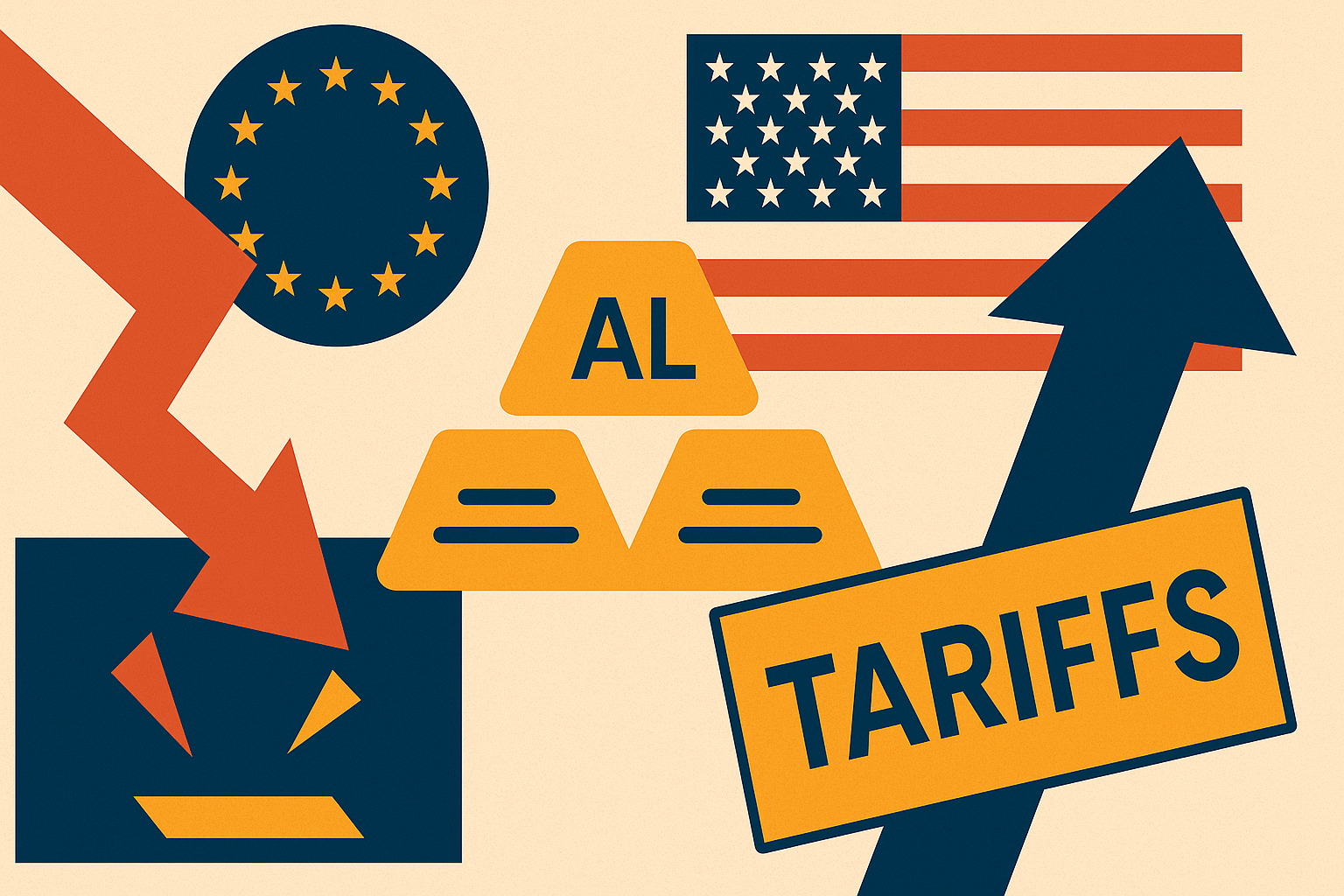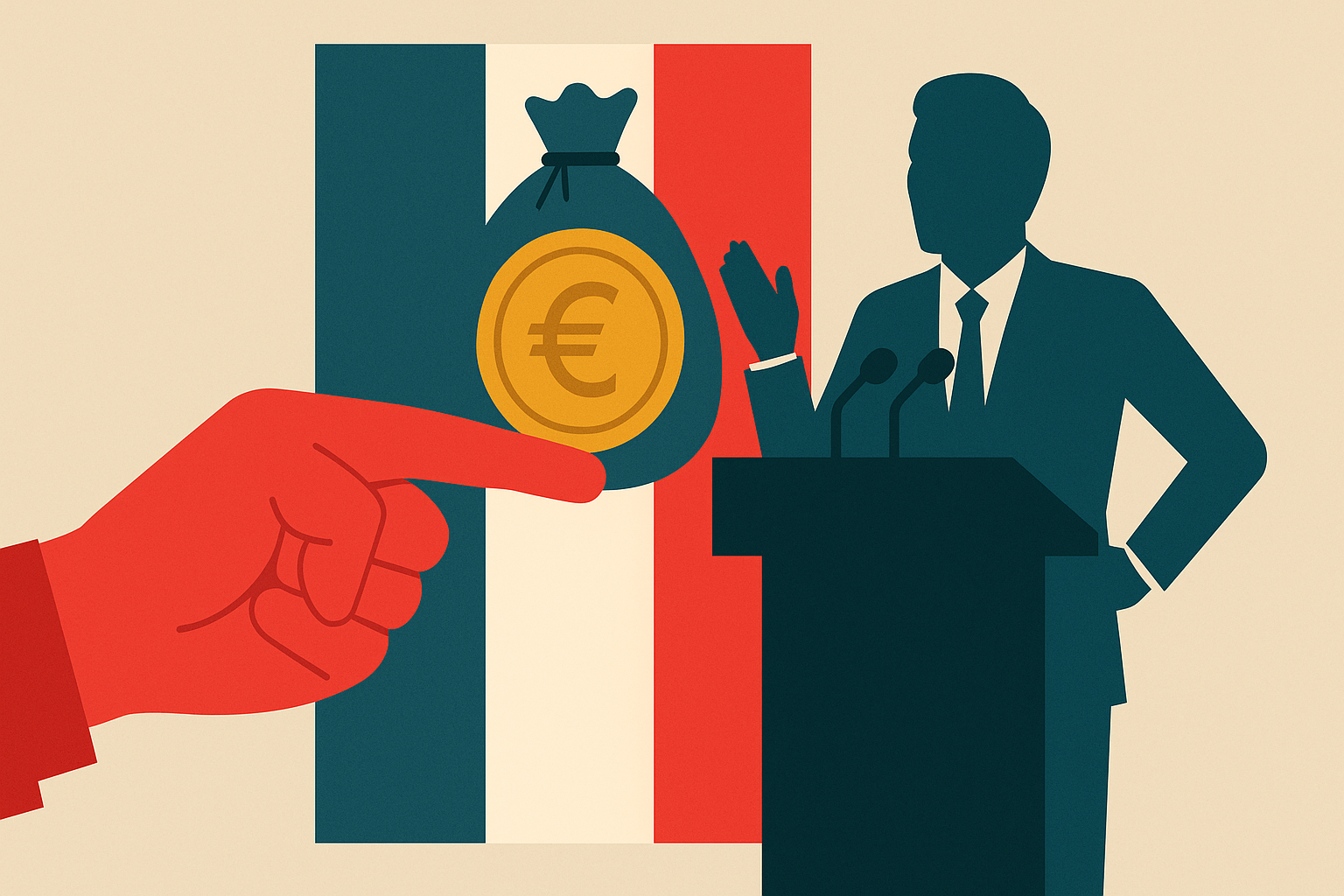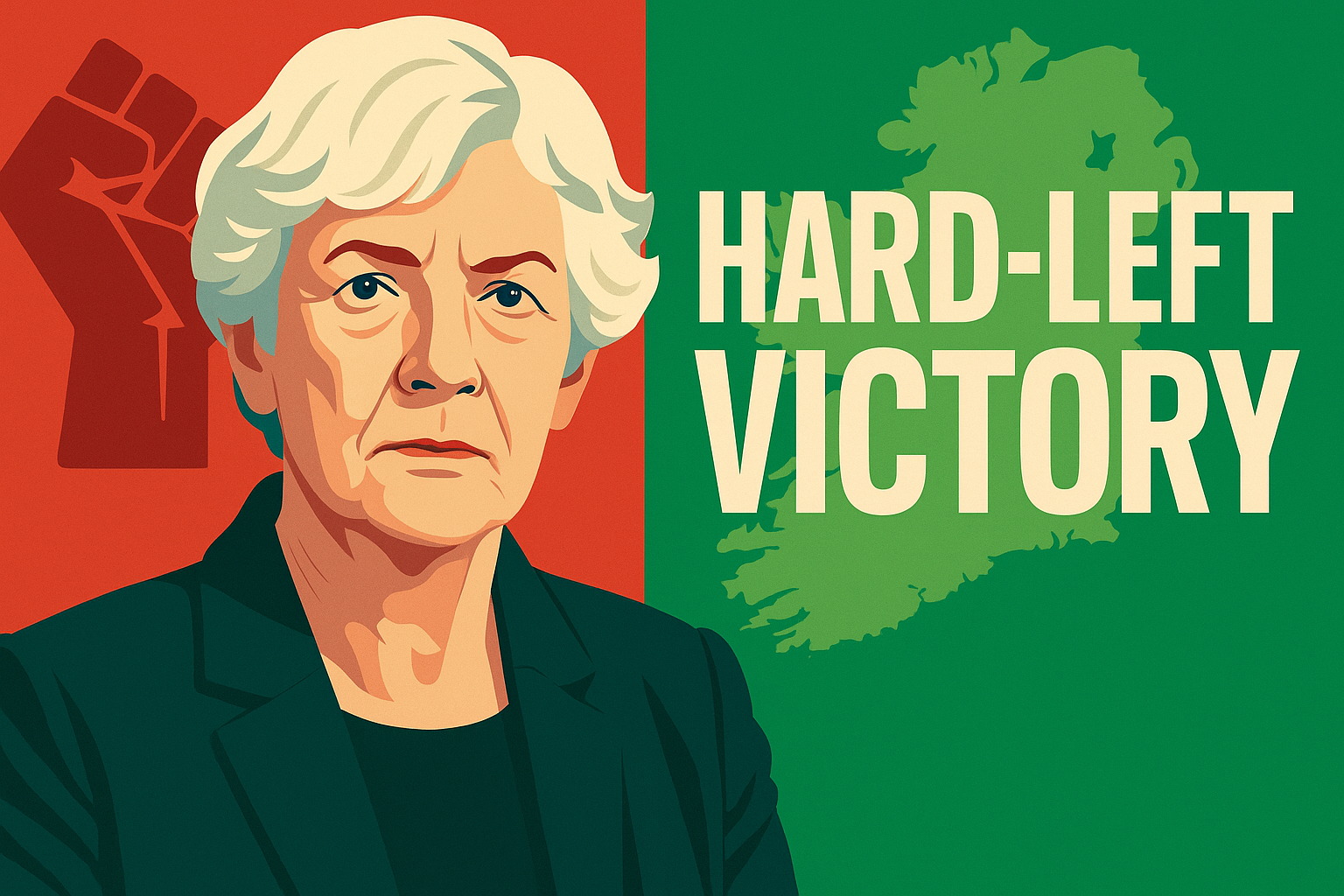The European Commission is preparing emergency steps to support Europe’s struggling aluminium sector, as US tariffs under President Donald Trump disrupt trade flows and push the EU’s €40bn industry into crisis.
Impact of US Tariffs
The tariffs, introduced earlier this year, have created a two-fold problem for Europe’s aluminium producers. While exports of finished aluminium to the US are subject to a 50% tariff, sales of scrap metal remain exempt. This has pushed US prices higher, enabling American producers to pay premium rates for scrap — drawing supplies away from Europe.
As a result, European recycling plants and smelters are facing shortages of raw material, with some facilities already forced to shut down. Paul Voss, head of the trade body European Aluminium, described the situation as critical: “For our recyclers, this is not about shrinking profit margins but survival. Plants are already shutting down capacity.”
Possible EU Measures
EU officials said the Commission is considering imposing a levy on all EU scrap exports to ensure sufficient supplies for European manufacturers. An announcement is expected in September, though no final decision has been made.
“By the end of the third quarter at the latest, the Commission will consider trade measures to ensure sufficient availability of scrap,” one official stated.
The aluminium industry is regarded as vital for Europe’s green transition, with applications in electric vehicles, wind turbines, and clean technology. Yet despite heavy investment in recycling capacity, EU plants are receiving around 2mn tonnes less scrap than they can process annually.
Global Market Pressures
The scrap market is highly competitive, with global buyers bidding for limited supplies. While Asia — led by China — still accounts for two-thirds of EU scrap exports, sales to the US have surged, nearly tripling in the first three months of this year. Data from European Aluminium shows that US scrap prices are currently 20% higher than in Europe.
European smelters also face a structural disadvantage compared with the US and China, where energy costs are significantly lower.
Trade Disputes and Political Context
The EU and US struck a framework trade deal in Scotland last month, but it did not ease tariffs on steel or aluminium. Instead, it focused on long-term supply chain rules to limit Chinese steel exports. Brussels continues to press Washington for quotas that would exempt historic volumes of EU aluminium and steel exports from tariffs.
Tensions remain high. The EU had previously threatened to ban scrap exports to the US, but backed down after the deal. Any new restrictions could reignite disputes with Washington.
Industry Reaction
Scrap dealers have warned against sudden interventions. Olivier François, president of EuRIC, cautioned that sweeping restrictions could “harm the competitiveness of the European recycling industry without improving material availability for EU manufacturers.”
A Commission spokesperson confirmed that monitoring tools have already been put in place to track scrap flows, stressing that any measures would be based on data analysis. The EU already maintains tariffs on many steel and aluminium imports to shield its producers from global overcapacity.








